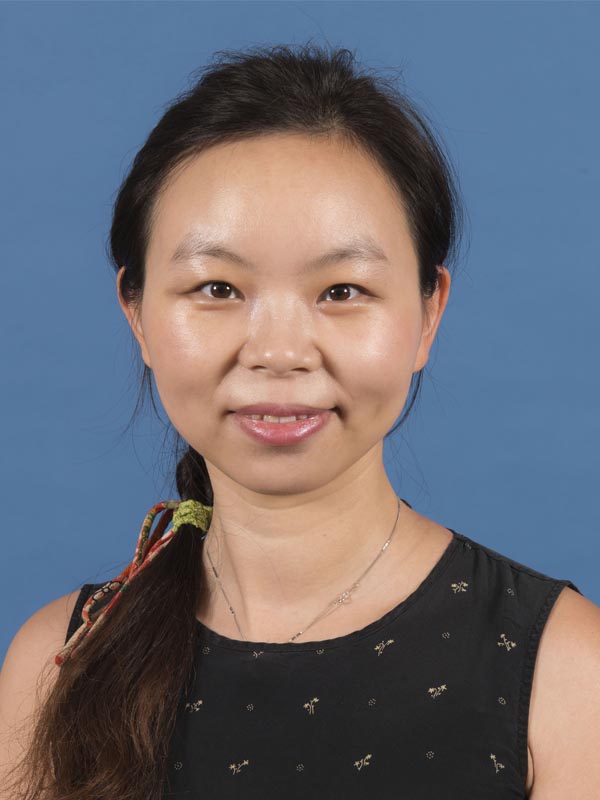SEPTEMBER 24, 2021 – Dr. Guenevere Chen, Assistant Professor of the College of Engineering and Integrated Design’s Department of Electrical and Computer Engineering, recently secured a grant from the National Nuclear Security Administration’s (NNSA) Minority Serving Institutions Partnership Program (MSIPP) totaling approximately $5 million. The grant will fund research by the Consortium On National Critical Infrastructure Security (CONCISE) and allow the creation of certification related to leveraging Artificial Intelligence (AI) and block-chain technology to enhance critical infrastructure cybersecurity posture. More details of CONCISE Award Progress can be found on the project’s homepage .
National infrastructure security saw significant public attention this summer when a cyber-attack upon the Colonial Pipeline, which supplies a significant portion of gasoline resources to the Southeastern US, derailed operations for a matter of days. The attack resulted in reduced gasoline availability and soaring prices in several regions. Dr. Chen explains the imperative need to secure the cyber and physical systems, referred to as the Industrial Internet of Things (IIoT), that operate much of the nation’s critical infrastructure and their supply chains. Research objectives of this initiative include harnessing robust Artificial Intelligence (AI) systems to detect security intrusions such as ransomware and malware attacks at early stages to facilitate swift action and minimize damage.
The project, led by Dr. Chen, sees UTSA collaborate with three CONCISE member universities; two Historically Black Colleges and Universities (HBCU) and one Hispanic Serving Institution (HSI) including research programs overseen by Dr. Xiaohong Yuan of North Carolina A&T University (HBCU), Dr. Yoohwan Kim of The University of Nevada, Las Vegas (HSI), and Dr. Jonathan Lambright of Savannah State University (HBCU). CONCISE-supported student researchers will also work with and be co-mentored by scientists from DOE/NNSA national laboratories including Mr. David Carter of Sandia National Laboratories (SNL), Mr. Robert Tarwater of Idaho National Laboratory (INL), and Mr. Ki Park of Nevada National Security Site (NNSS). Dr. Shouhuai Xu of the University of Colorado, Colorado Springs will serve as a project consultant. CONCISE will support 60 students to conduct summer internships at the three DOE/NNSA national laboratories through the project period. It is anticipated that this project will produce 50 B.S. students, 20 M.S. students, and 10 Ph.D. graduates to join the DOE/NNSA cybersecurity workforce by 2026.
This summer, three UTSA students completed internships at SNL, supervised by Mr. David Carter and his colleagues to conduct cybersecurity research. Five students from the four universities were selected as INL interns and conducted critical infrastructure cybersecurity research. The academic team also hosted another five student interns in the partner institutions’ labs for designing blockchain and AI-based cybersecurity solutions.
Students who participate in these research and internship programs will emerge from their studies equipped with the knowledge required to secure fulltime employment at the partner laboratories, similar research and development institutions, or to complete advanced study such as post-doctoral research in the field. These students will be among the first to complete IIoT Security certification developed throughout the project that will cover principles related to cyber security and Supervisory Control and Data Acquisition (SCADA) and key technologies.
Opportunities to get involved in this research project will be available to students at each of the four participating academic institutions over the coming years. Dr. Chen advises that UTSA students will be recruited into the program with entry points available each semester. Those who take part will be eligible to attend DEFCON, one of the world’s leading hacking conferences, held annually in Las Vegas, Nevada, at which UTSA plans to compete in the hackathon event. UTSA students who are interested in CONCISE Consortium can apply for the program here . Students of historically underrepresented communities are strongly encouraged to apply.


